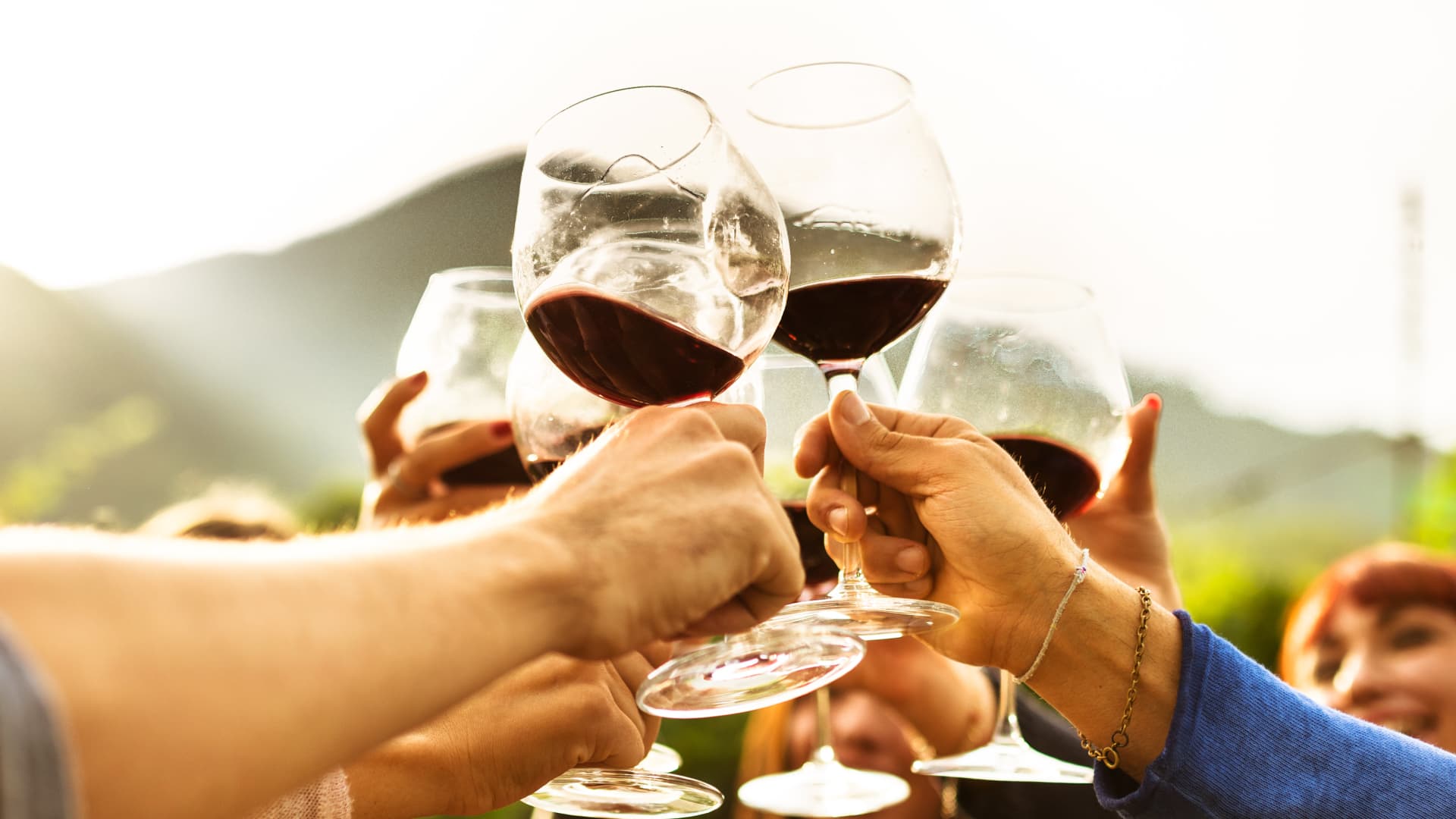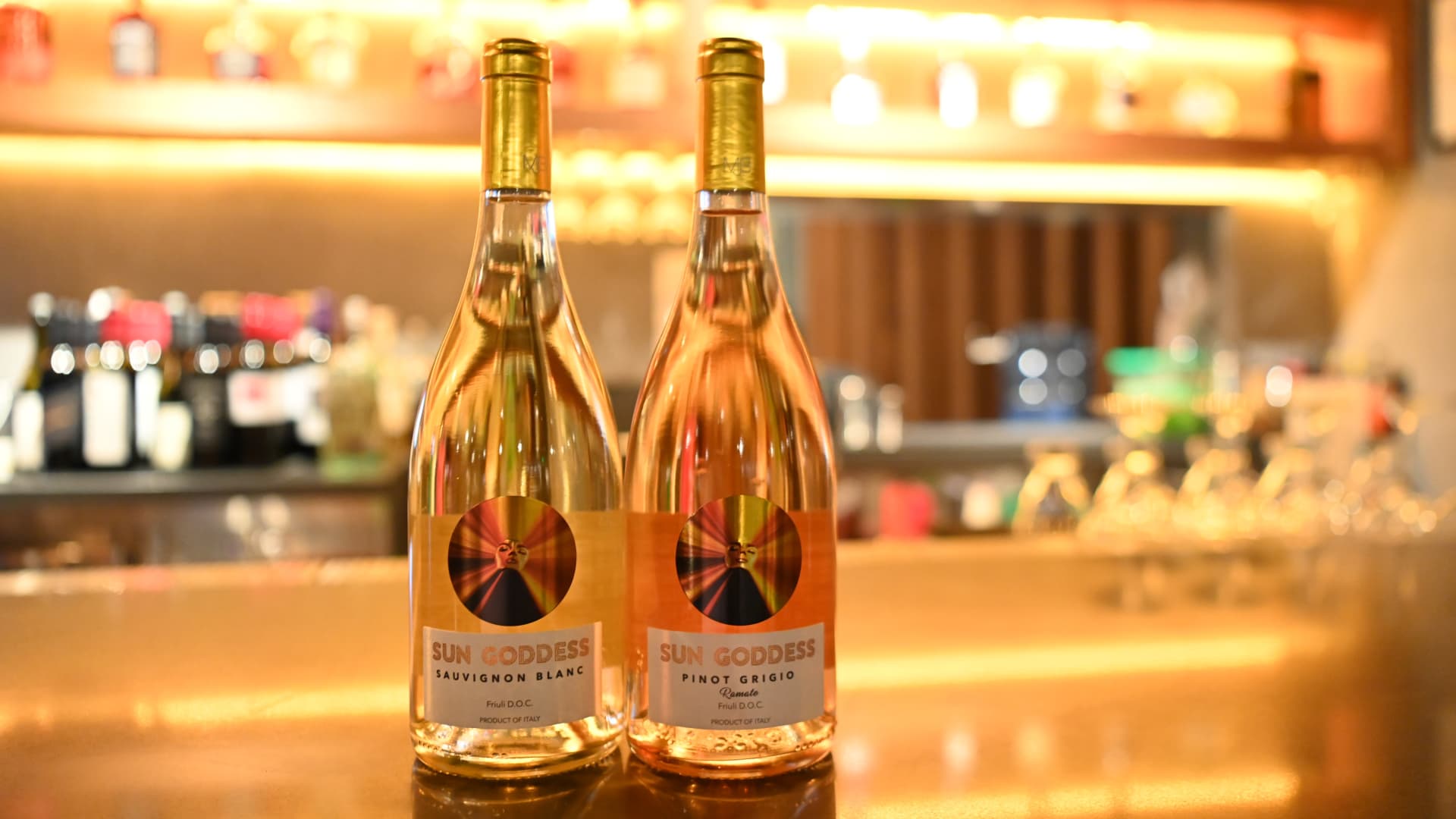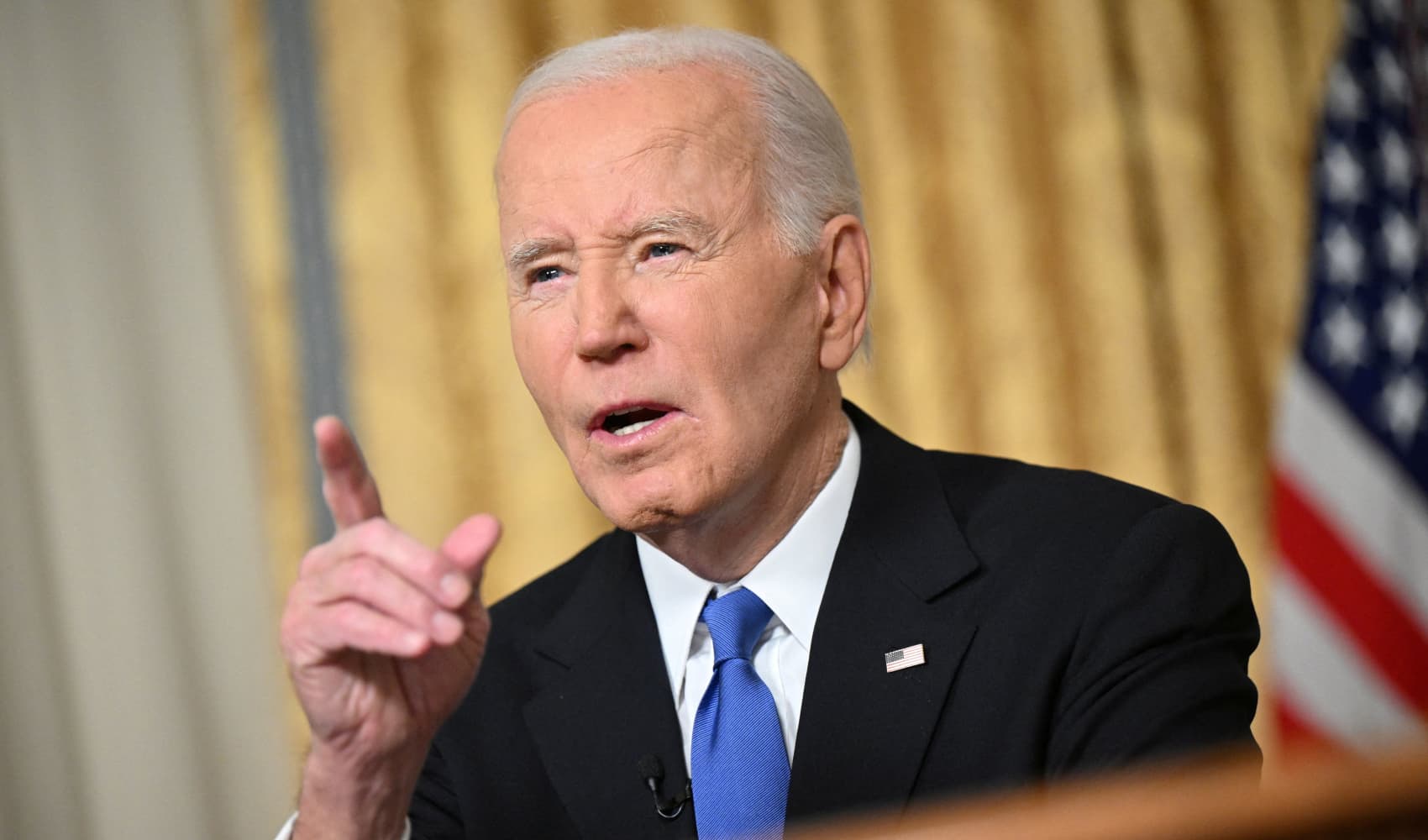
Cameron Diaz
- Baby boomers are the only demographic that prefers wine to beer and liquor.
- The wine industry has failed to capture millennials and is struggling with Gen X as cocktails made with spirits including whiskey and tequila are booming, taking more share from wine in a saturated market.
- But several female celebrities in film and music, including Elizabeth Banks, Mary J. Blige, The Chicks (formerly The Dixie Chicks), Cameron Diaz, and Reese Witherspoon, are backing wine brands.

Celebrities have long used their face and name to elevate alcohol brands, but George Clooney created the modern blueprint for cashing in on spirits when he sold his tequila company Casamigos to spirits giant Diageo for nearly $1 billion in 2017.
"Acting used to be how I paid the rent," Clooney told The Sunday Times following the deal. "But I sold a tequila company for a billion f***** dollars — I don't need money."
Get Tri-state area news delivered to your inbox. Sign up for NBC New York's News Headlines newsletter.
That triggered a gold rush of celebrity entrepreneurs looking to recreate his success and cash in on the trend towards premium spirits and cocktails, ranging from David Beckham's scotch to Ryan Reynolds' gin and Dwayne "The Rock" Johnson's tequila.
But it has been predominantly male celebrities that have been able to profit off of this formula. Despite outliers, such as Vera Wang's Chopin Vodka and Kendall Jenner's 818 Tequila, the brands remain overwhelmingly male, echoing a trend that has historically been present in the broader spirits industry.
Now a new wave of female stars are pushing into an alcohol that is in need of a boost: wine.
Money Report
The Covid-19 pandemic accelerated many trends in the alcohol business, but one of the biggest gainers were premium spirits in categories often backed by celebrities. Luxury spirits grew 43% in the last year, led largely by tequila and American whiskey, with 2021's growth rate finishing at more than double the average rate of the last five years, according to the Distilled Spirits Council.
The U.S. wine market is the largest in the world, and products like prosecco and champagne continue to thrive, but American consumers are drinking less wine overall than they were twenty years ago.
Currently, Baby Boomers are the only group that prefers wine over other alcohol products, while the greatest alcohol spending per capita is in the 35- to 55-year-old age range.
This has posed a significant challenge for the industry, which is struggling to attract younger drinkers.
"The spirits category is killing it right now, as are ready-to-drink cocktails, and tequila is on fire within spirits," said Danny Brager, a long-time alcohol industry analyst. And since overall alcohol purchasing doesn't grow much from year to year, "if someone is drinking more of one thing they're drinking less of something else," Brager added.
Excessive markups on wine in restaurants don't help. According to a Nielsen survey, a five-ounce serving of wine is 72% more expensive than a serving of spirits and close to 50% more than a serving of beer.
Rob McMillan, the executive vice president of Silicon Valley Bank and a noted wine industry analyst, said the wine industry has remained wedded to strategies that historically were successful, without sufficiently considering how the consumer has radically evolved.
"That's the primary threat," McMillan said. "You can't replace this group of people that have looked at wine as something really special. It's their alcoholic beverage of choice, and everyone that is coming up after, they're identifying with wine to an extent, but they put wine in the same category as beer, spirits, ready-to-drink cocktails — cannabis for that matter."
In Silicon Valley Bank's State of the Wine Industry 2022" report, it highlights the "industry's failure to evolve marketing that resonates with the values of younger people."
Female celebrity-backed wine brands have looked to differentiate themselves from other wine offerings, highlighting concepts that are more in line with the desires of younger consumers.
With attention to size, lower alcohol content, online purchasing, price point, and brand ownership that includes women as well as BIPOC and LGBTQ+ individuals, female celebrities have looked to create a niche within the wine sector that appeals to younger consumers.
A short list of female stars who are partnering with vineyards and producers to market wines that aim to meet these evolving consumer demands includes Elizabeth Banks, Mary J. Blige, The Chicks, Cameron Diaz, Chrissie Metz, Vera Wang, and Reese Witherspoon.
Diaz and Katherine Power, co-owners of the Avaline wine brand, have leaned into accessibility and portability, as well as health and wellness trends with organic white and rosé wines in four-packs of 250ml cans that don't require a corkscrew or glassware. Along with being more sustainable, the canned wine concept with its smaller portions also makes it easier to drink wine solo, since there's no need to open a 750 ml bottle, following the lead of the booming RTD (ready to drink) market.
Actress and producer Elizabeth Banks similarly emphasizes sustainability as well as packaging and price accessibility with her own canned wine initiative, Archer Roose wine.
A wine industry in search of broader brand appeal
Tim McKirdy, managing editor at spirits-focused website VinePair, said the trend in female celebrity-backed wines has picked up over the past two years.
"Wine has always had a very high barrier of entry, and it has always been difficult to navigate, especially if you're just entering that space," McKirdy said. "So if you do have a celebrity out there trying to say this is wine you can get on board with, this is wine you can drink and no one is going to judge you, or hey, all the information is on the label here, you can find all the ingredients, you can find no additives, labels like gluten-free, these are the things that I think people feel comfortable with," he said.
Female celebrities in wine are also finding ways to convey their ethics to younger consumers who prioritize brand values.
The Chicks, known to stand up for themselves as women in the music industry and to challenge the status quo, recently entered the wine market with their Gaslighter Wine label, which has received high scores in the industry for its rosé. The marketing campaign leads with messages like "own your power," "speak your truth." Even the corks read: "Don't let them fool you."
Mary J. Blige's Sun Goddess label puts an emphasis on diversity, according to Marco Fantinel, CEO of the winery producing Blige's label. Sun Goddess "hopes to shine a light on the wine industry" by creating "more opportunities for women and for BIPOC representation," Fantinel said.
"I think this is the slice of the wine market that a lot of people are trying to capture because that's the one that is slipping away," McKirdy said. "Younger consumers do hold these values to be strong, so if they see those within a brand they care about, they're more likely to be loyal or may even be more likely to spend a couple of dollars extra to have peace of mind that where their money is going aligns with their own personal values," he added.

According to the Spirited Change Initiative, minority-owned and women-owned alcohol brands make up less than 5% of the sector.
Emphasis on the needs and values of younger consumers leads McKirdy to predict that female celebrity wine brands will ultimately lead to a broader audience, "feeling included in the world of wine."
"It's a traditional industry," McMillan said. "There are things we're doing that are helping to evolve the industry and that are successful, so eventually we'll get there, it's just going to be different when we do."
The presence of celebrity women in wine can add the exposure and financial backing required for new growth in a wine industry becoming more approachable, economical and forward thinking, while still maintaining quality. Though the day hasn't come yet for this star side hustle to reach the billion-dollar headline of its spirits counterpart.






